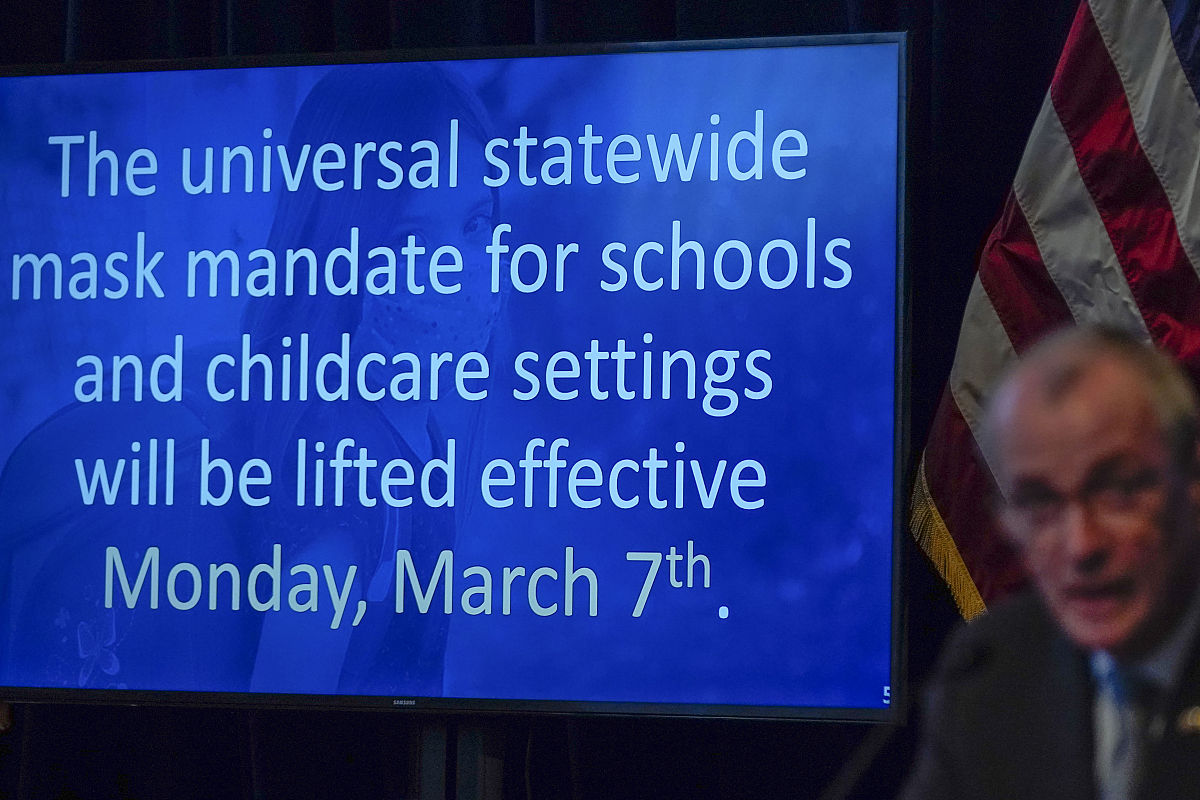Boston's Political History: From Colonial Era to the 21st Century
Boston's political history is a testament to the city's enduring influence on American politics. From its early days as a colonial center to its contemporary role as a hub of innovation and healthcare reform, Boston has consistently played a vital role in shaping the nation. This article explores the key moments and figures that have defined Boston's political journey.
Colonial Era: During the 17th century, Boston emerged as a prominent political and economic hub within the Massachusetts Bay Colony. It witnessed the establishment of the Puritan settlement and the founding of the first American public school and college, laying the groundwork for a society grounded in education and religious principles.
Revolutionary Period: As tensions with British rule escalated, Boston became a hotbed of revolutionary activity. The Boston Massacre (1770) and the Boston Tea Party (1773), both pivotal events, fueled the growing resistance and set the stage for the American Revolution.
American Revolution: The American Revolution commenced with the battles of Lexington and Concord in 1775, and Boston played a central role in these early conflicts. Colonial troops eventually forced the British to evacuate Boston in 1776, marking a significant turning point in the war for independence.
Post-Revolution and Early Republic: Following the Revolution, Boston continued to be a hub of political activity. The city contributed to the formation of the United States, producing key figures like John Adams, who later became the second president of the United States. This era cemented Boston's position as a cradle of American politics.
19th Century: Boston's political influence expanded throughout the 19th century, particularly in the abolitionist movement. The publication of 'The Liberator' by William Lloyd Garrison and the city's active role in advocating for the abolition of slavery solidified its reputation as a center of social reform.
20th Century: Boston's political significance persisted into the 20th century. Notable events of this era include the case of Sacco and Vanzetti, which gained international attention, and the election of John F. Kennedy as the 35th president of the United States. These events showcased the city's ongoing impact on national and global affairs.
Late 20th Century: While Boston faced challenges in the late 20th century, including issues related to school busing and desegregation, it also saw the rise of political figures like Governor Michael Dukakis, who gained national prominence with his bid for the U.S. presidency.
21st Century: Boston has maintained its political importance in the 21st century, solidifying its position as a major center of education, healthcare, and innovation. Massachusetts, with its focus on healthcare reform, has been at the forefront of national policy discussions, demonstrating Boston's continued influence on contemporary political landscapes.
Conclusion: Boston's political history is a tapestry woven with threads of revolution, social reform, and innovation. From its colonial origins to its present-day influence, Boston has consistently played a defining role in shaping American politics. Its story serves as a reminder of the city's enduring power and its commitment to progress, making it a critical player in the ongoing narrative of American democracy.

原文地址: https://www.cveoy.top/t/topic/VRI 著作权归作者所有。请勿转载和采集!